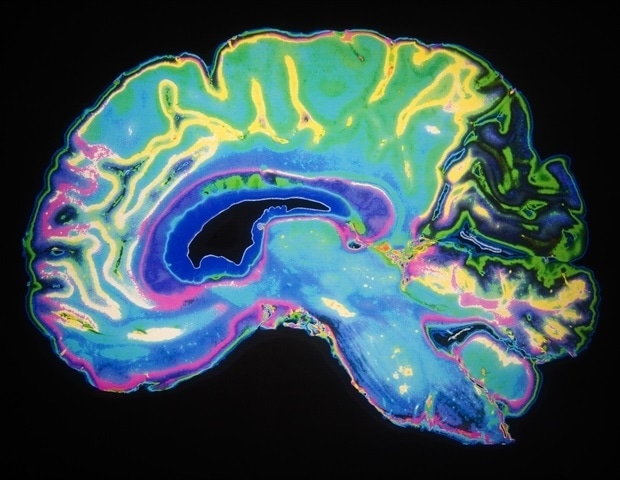Some of the findings in cognitive neuroscience and psychology do not seem to replicate from one study to the next. Could this also be true for commonly used brain response studies? It turns out to depend on what is being studied, found a recent study.
Researchers from four countries (Finland, Hungary, Germany, and France) measured EEG-based brain responses for non-speech and speech sounds in a large sample of children with reading problems and typical reading skills. The basic brain responses indexing detection of changes in sounds and speech perception reproduced extremely well from one country to the next. This supports the validity and reliability of cognitive neuroscience methods when studying basic brain mechanisms.
Surprisingly, despite the excellent reproducibility of the basic brain responses, the differences between children with reading problems and typical readers were not as consistent between the countries, although in many studies speech perception problems are linked to phonological problems widely associated with dyslexia. When examined separately in different countries, brain responses differed between typically and poorly reading children.
However, differences between dyslexics and typical readers occurred in different stages of auditory processing in the four countries. The findings point to differences in fine-grained processes of speech that are not yet fully understood. One possibility is that speech perception problems could be associated with reading difficulties in different ways in different languages. It is also well known that multiple deficits can play a role in dyslexia. It is thus possible that children with different background risk factors or deficits have been selected to dyslexia groups in different countries and language areas.
Our results thus show the robustness of neuroscience methods in general while highlighting the need for large-scale collaboration between laboratories in the brain research of language disorders.
The research was carried out in a European Union consortium project, NeuroDys, involving the University of Jyväskylä, Finland, Hungarian Academy of Sciences, Université de Toulouse, France, and Ludwig-Maximilians-Universität, Germany. Altogether about 400 school-age children, 50 dyslexics and 50 typically reading 8-12-year-old children from each country, participated in the study.
Leppänen, P.H. et al. (2019) Reproducibility of Brain Responses: High for Speech Perception, Low for Reading Difficulties. Scientific reports. doi.org/10.1038/s41598-019-41992-7.
